Experts call for restraint amid increasing hostilities between the two neighbors
Tensions on the Korean Peninsula have recently been on an upward spiral, creating a standoff, experts say, calling for both neighbors to exercise restraint and avoid further escalation.
Kim Jong-un, top leader of the Democratic People's Republic of Korea, called the Republic of Korea a "principal enemy" and asked his country to bolster self-defense capabilities, the official KCNA reported on Wednesday. He said the "historic time has come" at last when the DPRK should define the ROK as "a state most hostile".
The latest strongly worded rhetoric by the DPRK leader came after the recent spike in animosities between the two countries.
"The DPRK's new stance means its previous policies based on the two sides' shared ethnicity and policies aimed at reunification would all be abandoned or at least adjusted," said Zhan Debin, director of the Center for Korean Peninsula Studies at Shanghai University of International Business and Economics. "Since the ROK is now positioned as an enemy nation, the eye-for-eye policies that the DPRK once applied to the United States are now also applicable to the ROK."
On Monday, the ROK announced that buffer zones between the two neighbors that ban hostile acts no longer exist.
It means Seoul has completely nullified with Pyongyang the military agreement reached after the 2018 Inter-Korean Summit, reverting the inter-Korean border to its pre-2018 state without any mechanisms to prevent direct conflicts, Zhan said.
The new stance indicates that inter-Korean relations are becoming more fragile and easier for frictions to escalate into conflicts, he said.
Lyu Chao, director of the Institute of America and East Asia at Liaoning University in Shenyang, said: "Following the DPRK's tough stance, if the ROK concedes, it would be negative for the Yoon Suk-yeol administration in the coming parliamentary elections. Therefore, the ROK is also not likely to back down.
"In this tit-for-tat cycle, we are seeing a standoff unprecedented since the signing of the Korean Armistice Agreement (in 1953)."
Since Jan 5, Pyongyang's military has fired hundreds of artillery shells near two sparsely populated ROK border islands, prompting evacuation orders, ferry cancellations and counter-drills, according to media reports.
The DPRK has defended its drills as routine military exercises, saying they posed no risk to the islands, and accused Seoul of "confrontation hysteria".
Experts attribute the escalation to the recent weeklong joint military drill between the U.S. and the ROK, which Pyongyang has criticized as a provocation risking nuclear conflict.
"The recent U.S.-ROK drill is a direct cause of the current tension, because it explicitly targeted the DPRK," Lyu said. "This time, the two allies adopted a much more hard-line stance with a more offensive theme, an increased scale and involvement of heavy weapons, which made the DPRK feel substantively threatened."
Tougher stance
As a result, the DPRK had to adopt a tougher stance, he added.
Both parties wish to take the upper hand in managing inter-Korean relations by adopting tougher responses that lead to spiraling tensions, because both sides need to use the other's threats as an excuse for their own hard-line policies, Zhan said.
However, a relatively peaceful and stable peninsula still serves the interests of both, experts said.
"For the ROK, if it were to fully focus on military preparedness, significant issues would arise in its economy," Lyu said.
For the DPRK, although it has conducted live-fire exercises, it has not, as in 2010, fired shells onto the Yeonpyeong Island, but has instead only targeted the sea, which is a sign of restraint, Lyu said.
Kim said Pyongyang would not "unilaterally" trigger a confrontation, the KCNA reported on Wednesday.
In 2010, in response to the ROK live-fire drill near the sea border, the DPRK bombarded the island, killing two soldiers and two civilians.
The two countries have long been bickering over the maritime boundary in the western waters off the peninsula. Seoul has set the sea border by designating the "Northern Limit Line", which Pyongyang has never officially recognized.









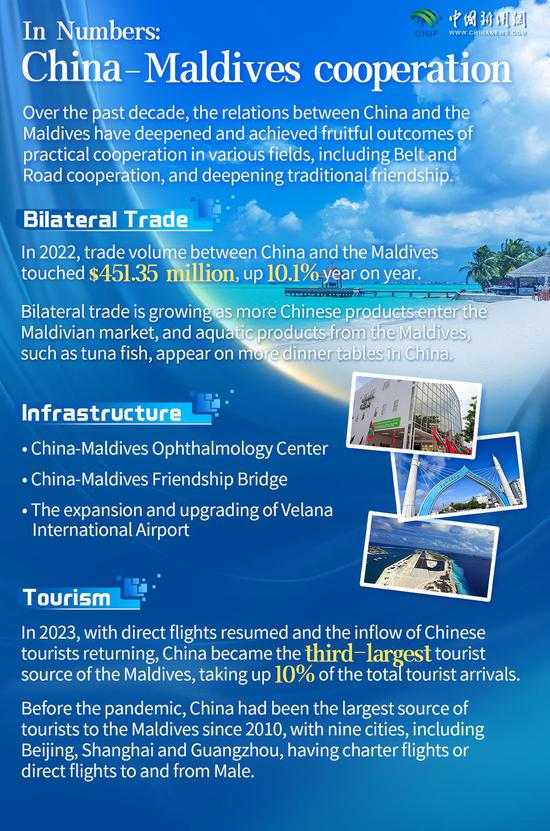
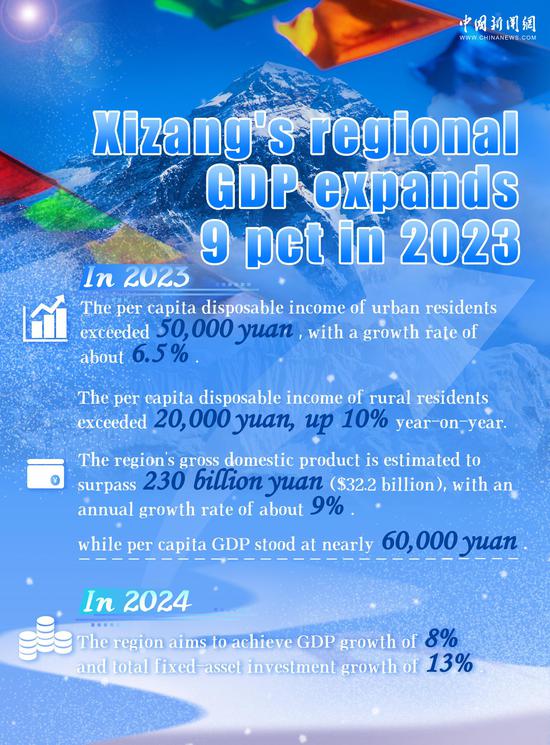

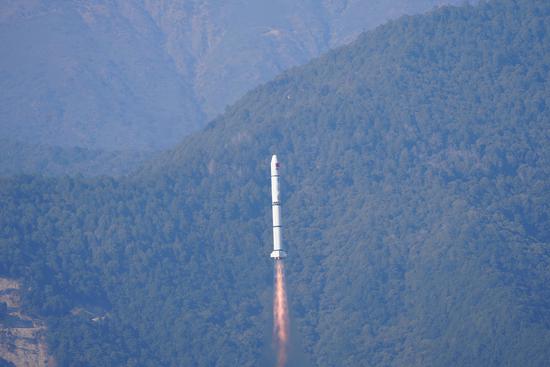
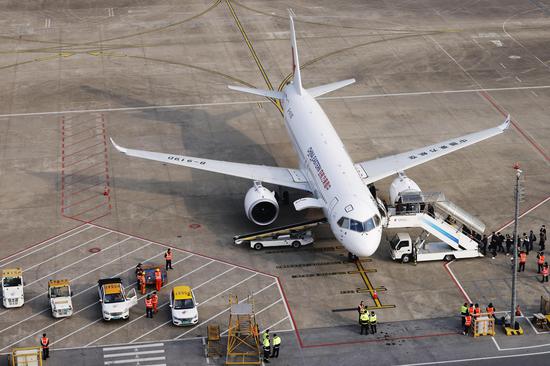
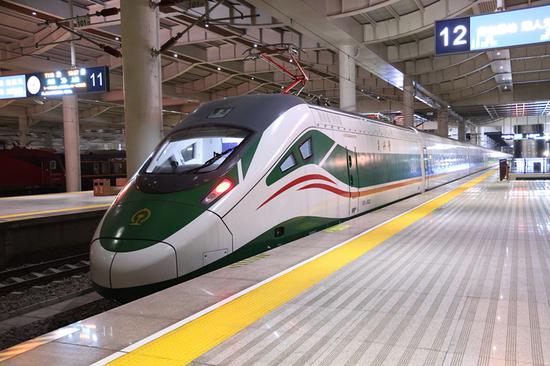


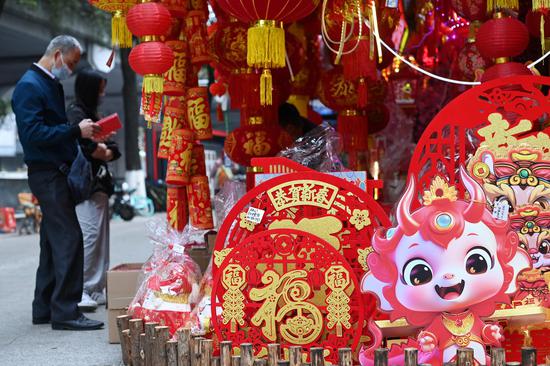
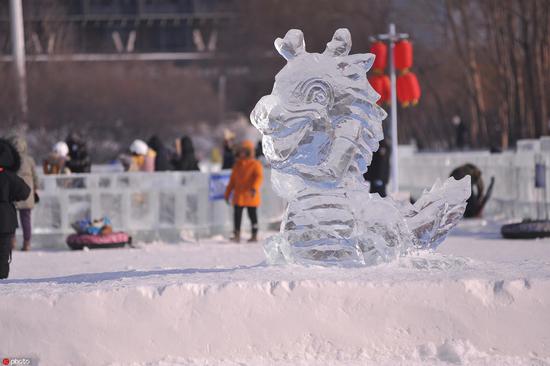
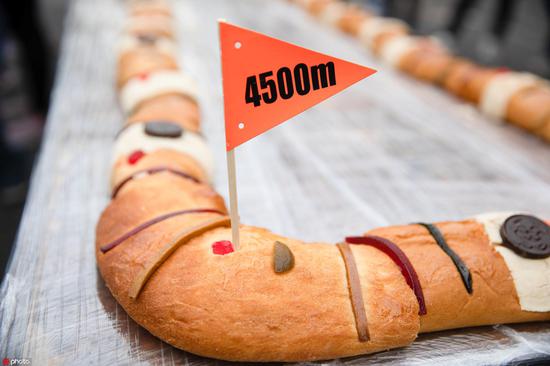



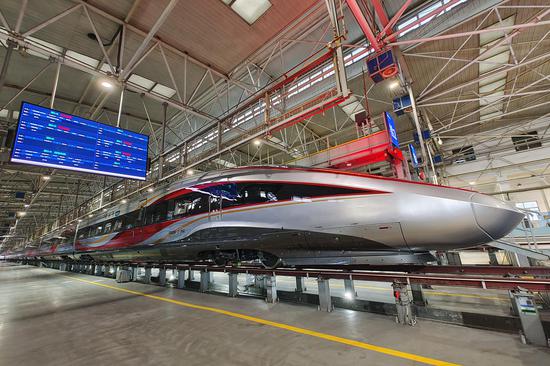
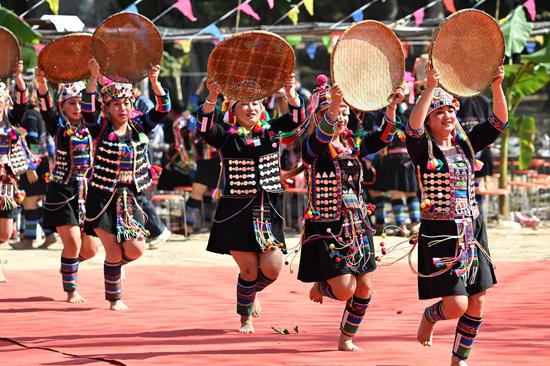

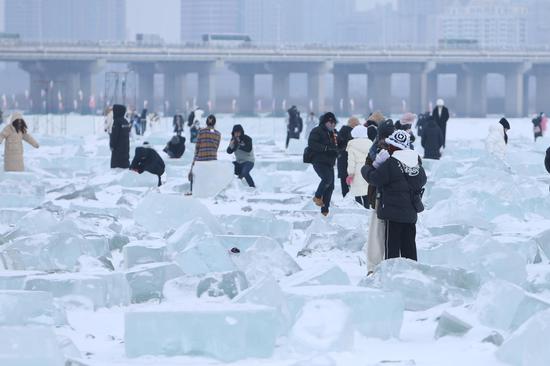


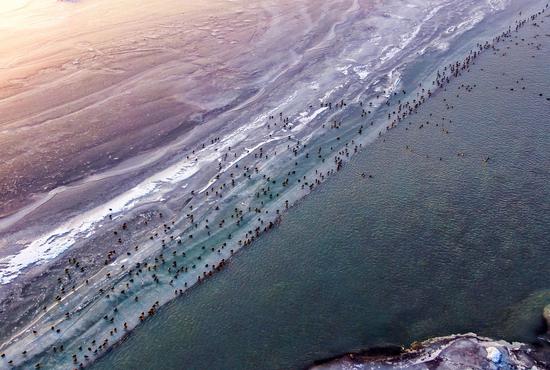

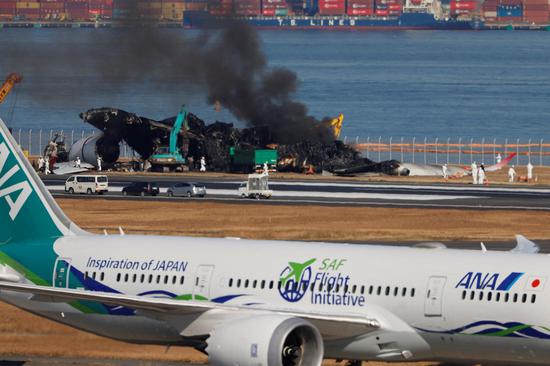
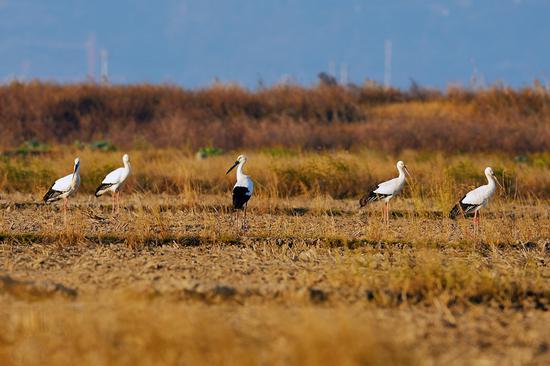
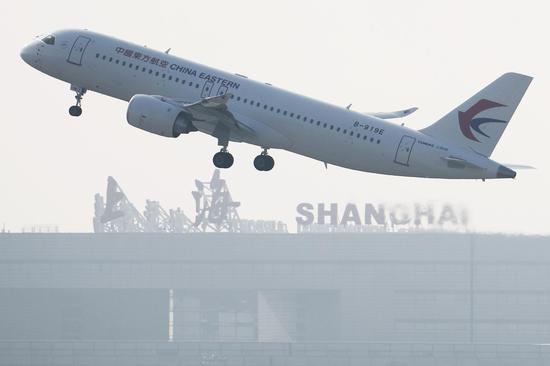
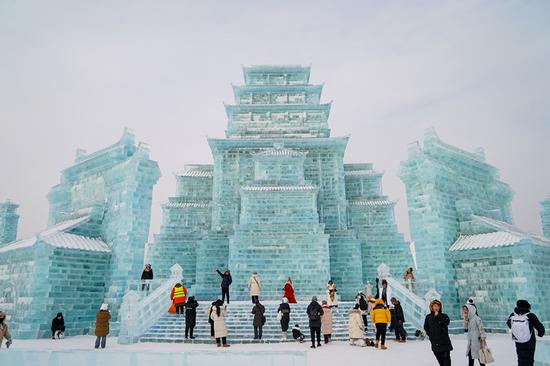

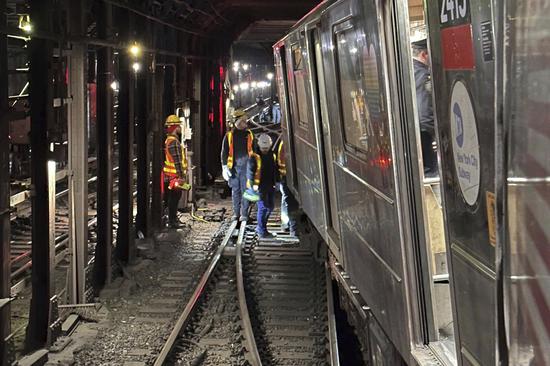

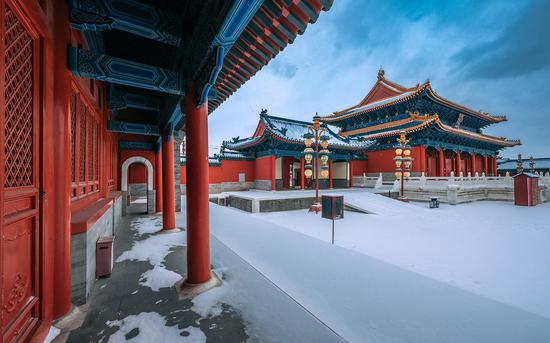

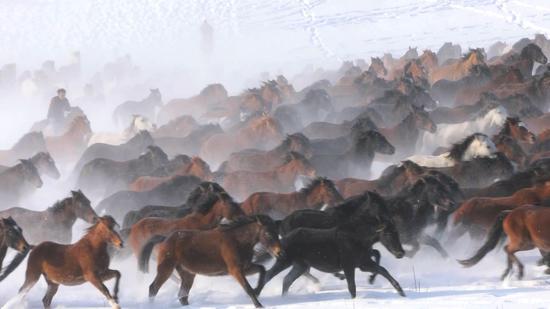
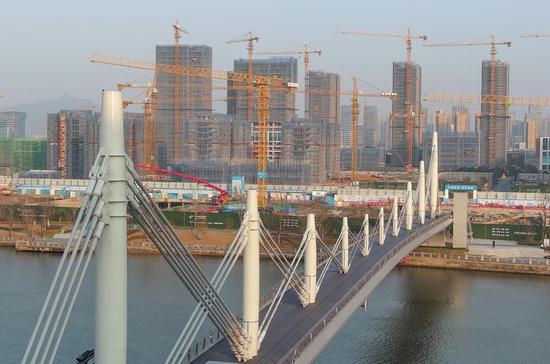

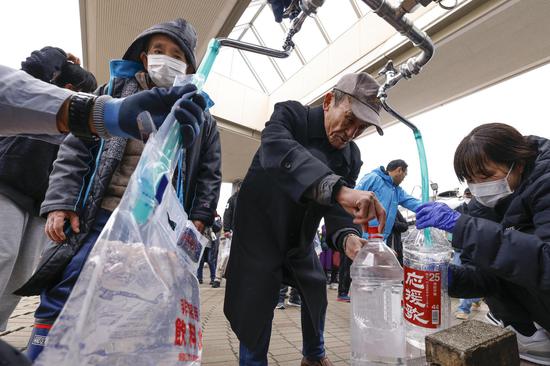






 京公网安备 11010202009201号
京公网安备 11010202009201号